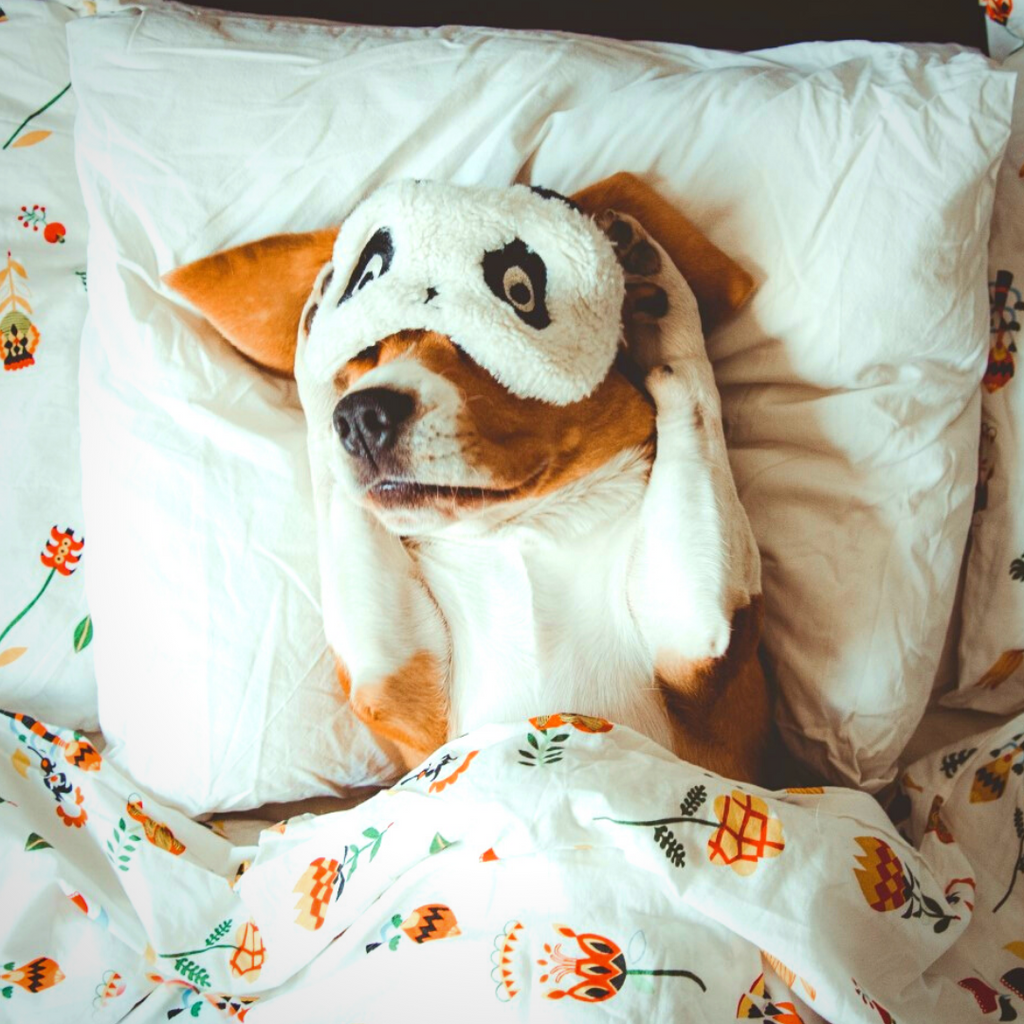
Sleep
Sleep keeps us healthy and functioning well!
It lets your body and brain repair, restore, and re-energise.
It plays a critical role in immune function, metabolism, memory, learning and other vital functions.
INSOMNIA is a general term referring to any difficulty in falling asleep or staying asleep.
Left untreated, it may lead to irritability, memory problems, depression, anxiety, and, in the longer term, to an increased risk of accidents, heart disease, hypertension, diabetes, immune system problems, etc.
Anxiety and depression, often due to stress, are the most common causes of sleeplessness. Contributing to this is physical tension and an over-active mind caused by information overload, worry, fear, anxiety, or grief.
MELATONIN is a hormone primarily released by the pineal gland that regulates the sleep-wake cycle. As darkness falls at the end of each day, melatonin production rises.
MELATONIN winds the body down to a more lethargic and sleep-ready state.
In the morning, when daylight hits the retina, neural impulses cause the production of the hormone to slow down. Clearly, light and darkness are the primary factors that set the rhythms of melatonin production. It has been found that these daily routines, can strengthen melatonin production.
Throughout the day, keep your blood sugar levels stable by eating regular, nutritionally balanced meals. The rhythm of melatonin production is strengthened by regular daily routines. If you skip meals/ eat sporadically this is perceived as a stressor and can push up cortisol levels. Cortisol makes your body ready for fight/flight and high levels, even during the day and can keep you awake at night.
Avoid exercising late at night. Vigorous activity delays melatonin secretion. If you exercise in the morning, you will reinforce healthful sleeping habits that will lead to regular melatonin production. For best results do your morning exercise outdoors, in the morning.
. Eat melatonin rich food like eggs, chicken, nuts, seeds, pineapple, banana, milk, oranges etc.
. Eat tryptophan-rich food to lift your serotonin (happy hormones) in the day.
. Take vit b6 to help serotonin and melatonin production. It also helps to recall your dreams.
. MAGNESIUM plays a key role in the bodily function that regulates sleep. IT ALSO RELAXES MUSCLES.
. ZINC helps to have fewer “wakeups” in the night and improves the vividness of dreams.
BLUE LIGHT emitted by TVs, laptops, cell phones and other devices negatively affects melatonin production.
. Banish screens from the bedroom.
. Turn off screens well before bedtime.
. Set your phone on the other side of the room.
THE LIVER AND SLEEP
Studies have revealed that a correlation exists between the liver and sleep patterns, with those suffering from liver problems such as cirrhosis and fatty liver disease often exhibiting disturbed or upset sleep patterns. Sleep disturbances between 1-4 am are often linked to the liver.
The liver is responsible for deactivating hormones; it plays a critical role when it comes to hormones. When it comes to sleep patterns, many different hormones can have an effect. Cortisol is a stress hormone that is usually secreted just before you wake up in the morning, so you feel refreshed and energised for the day ahead. Melatonin, on the other hand, is produced as natural light fades, helping you to feel relaxed and sleepy in preparation for bedtime.
The liver isn’t responsible for secreting or producing hormones but does deal with these
hormones once they have served their purpose.
If a person is suffering from a troubled liver, it is possible that the liver may struggle to break down melatonin. This may result in increased bouts of daytime fatigue followed by night-time alertness when the liver finally gets around to deactivating the melatonin still circulating in the system.
Dietary Tips that will impact your sleep
- Generally, reduce your intake of refined carbohydrates/foods and sugar as these deplete nutrients and contribute to nutritional deficiencies. For example, low levels of B vitamins, omega fatty acids, and calcium, magnesium due to poor diet can interfere with the body’s natural sleep process.
- Your evening meal should be a light meal and at least 3 hours before bedtime. Going to sleep on a full stomach can interfere with your relaxation and can contribute to bad dreams.
Lifestyle tips
- Alcohol, drugs (recreational/pharmaceutical), too much caffeine and nicotine, continuous stress and watching TV can overstimulate your nervous system and reduce your chances of sleeping well and falling asleep naturally.
- Consider counselling or the support of friends for unresolved emotional/personal issues which are causing stress.
Healthy sleep Habits
- Your bedroom should become your sleep sanctuary. Only use your bedroom for sleep and relaxation. Keep it dark and quiet.
- Get to bed before midnight. We have our best quality sleep in the hours before midnight.
- If you can’t sleep – Don’t stay sleepless in bed, get up and repeat your sleep preparation schedule until you are sleepy again. Do not work or watch TV.
Sleep preparation
- Progressive contraction/relaxation exercises, deep breathing, a few long slow stretches, and meditation/visualisation can help you relax.
- Have a warm bath and add relaxing /calming aromatherapy oils such as Roman chamomile, Lavender, Clary sage, Neroli, Ylang Ylang, Sandalwood, or Marjoram.
- Enjoy a soothing cup of herbal tea such as Chamomile, Lavender, or Lemon Balm 30 MIN before bed.
- Try having a small snack of whole-grain crackers, warm milk, or a banana before bed.
- Finally:
. consider an evening contemplation practice –
. get quiet, empty yourself of all the happenings of the day.
. Forgive who needs to be forgiven. Let go of WHAT NEEDS TO BE LEFT BEHIND.
. Give thanks for your blessings.
. Think about tomorrow. Plan it properly. Write down what you must do.
. THEN pray, trust, and go to bed…
“A good laugh and a long sleep are the two best cures for anything.” - Irish Proverb.

 Whatsapp us!
Whatsapp us!